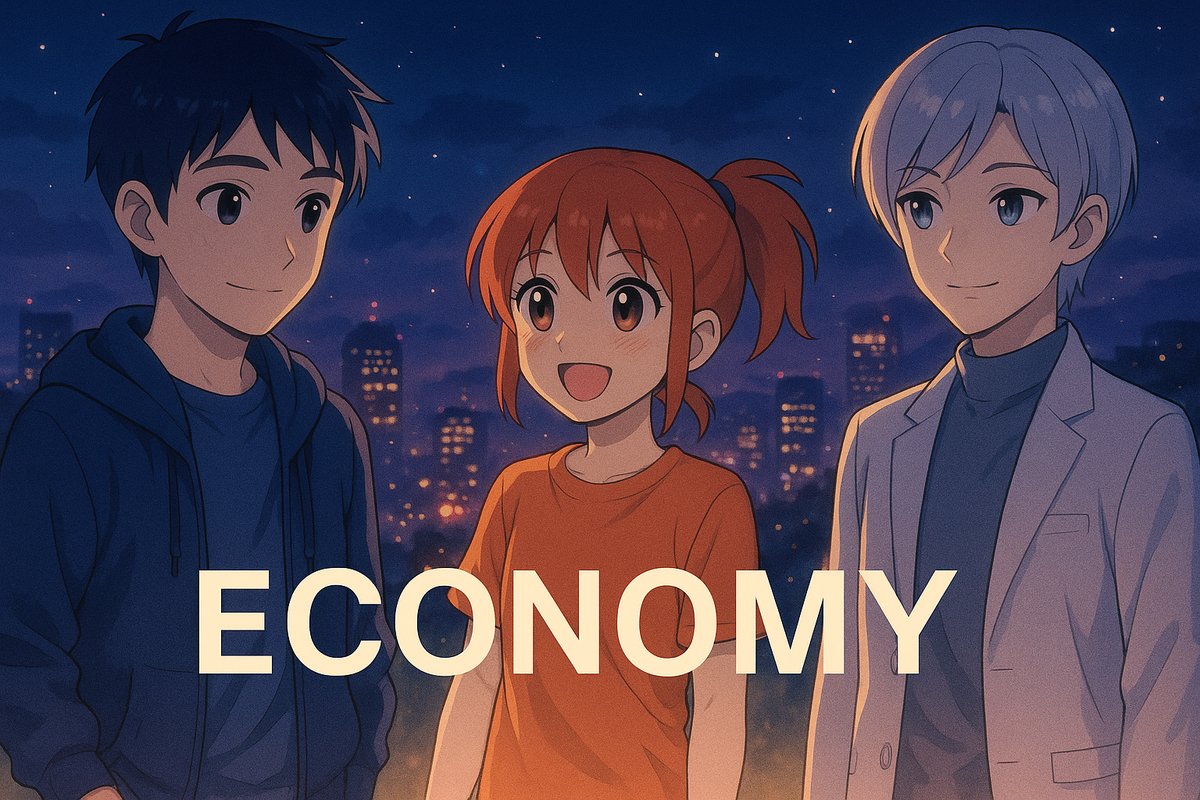📰 ニュースまとめ
米国では、高所得者層と低所得者層の経済格差が一層拡大している状況が報告されています。
株式市場はエヌビディアなどのテクノロジー企業の好調によって続伸しており、利下げ期待が市場を支えています。しかし、低所得層の賃上げは鈍化しており、経済全体の恩恵が行き届かないことが懸念されています。このような背景から、格差の拡大に歯止めがかからないと指摘されています。
💬 チャコたちの会話に耳をすませてみると…
チャコ:
ねえログ、最近の株高ってどういうことなの?
ログ:
株が上がっているのは、特にテクノロジー企業が好調だからだな。エヌビディアなんかもその一つだ。
チャコ:
でも、みんながその恩恵を受けてるわけじゃないんだよね?
ログ:
そうなんだ。低所得層は賃上げが鈍化しているから、経済格差がどんどん広がっているってことか。
ナヴィ:
経済的な恩恵が特定の層に偏っているため、全体としての経済状況が改善されているとは言えません。
チャコ:
それって、結局みんなが幸せになれないってことだね。
ログ:
その通り。株高が全ての人に良い影響を与えるわけじゃないからな。
📝 管理人のひとこと
この記事は、株高による高所得者層の利益が低所得者層とどれだけ乖離しているかを浮き彫りにしています。特に、株式市場の動きが経済全体に与える影響について考えさせられます。チャコとログの会話を通じて、経済格差の問題がより身近に感じられるようになりました。特に、ナヴィの補足が格差の根本的な原因を明確にし、読者に深い理解を促しています。今後の経済政策がこの問題にどう対処していくのか、注目が必要です。
この記事をシェアする:
🇬🇧 英語版を見る
Summary
Reports indicate that the economic gap between high-income and low-income groups in the United States is widening further.
The stock market continues to rise, buoyed by the strong performance of technology companies like Nvidia, with expectations for interest rate cuts supporting the market. However, wage growth for low-income workers is slowing, raising concerns that the benefits of the economy are not reaching everyone. This backdrop has led to concerns that the widening gap will not be contained.
Dialogue
This dialogue is fictional and based on the article.
Chako: Hey Log, what’s up with the recent stock market surge?
Log: The stocks are rising mainly because technology companies are doing well. Nvidia is one of them.
Chako: But not everyone is benefiting from that, right?
Log: Exactly. The low-income earners are experiencing a slowdown in wage increases, which means economic inequality is widening.
Navi: Because the economic benefits are concentrated among certain groups, we can’t say that the overall economic situation is improving.
Chako: So, in the end, it means not everyone can be happy.
Log: That’s right. A stock market boom doesn’t necessarily have a positive impact on everyone.
Admin’s Note
This article highlights the extent to which the profits of the wealthy, driven by rising stock prices, diverge from those of low-income individuals. It particularly prompts reflection on the impact of stock market movements on the overall economy. Through the conversation between Chako and Log, the issue of economic disparity feels more relatable. Notably, Navi’s remarks clarify the fundamental causes of inequality, encouraging readers to gain a deeper understanding. It will be important to watch how future economic policies address this issue.



コメント